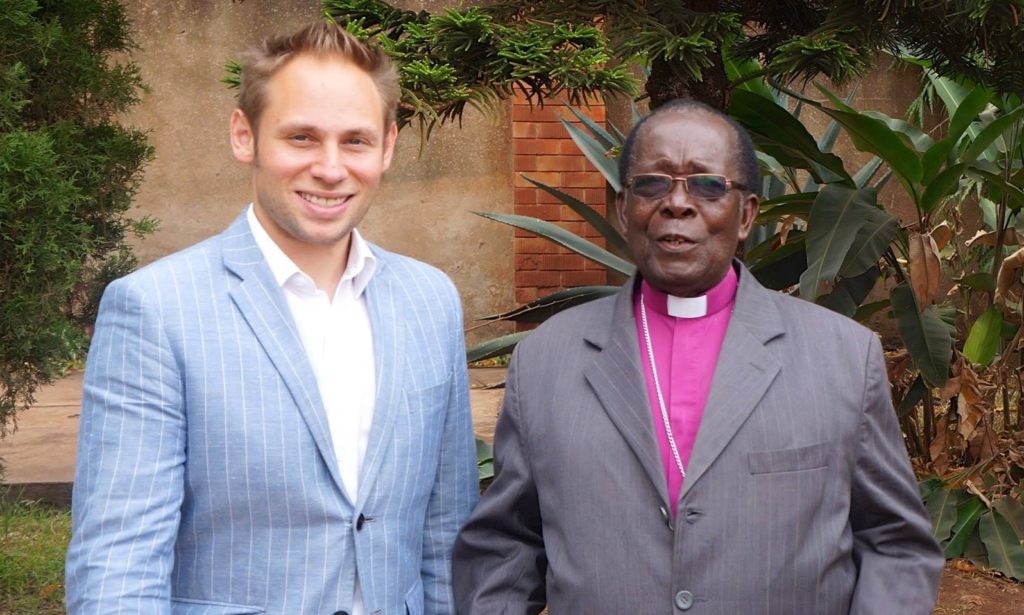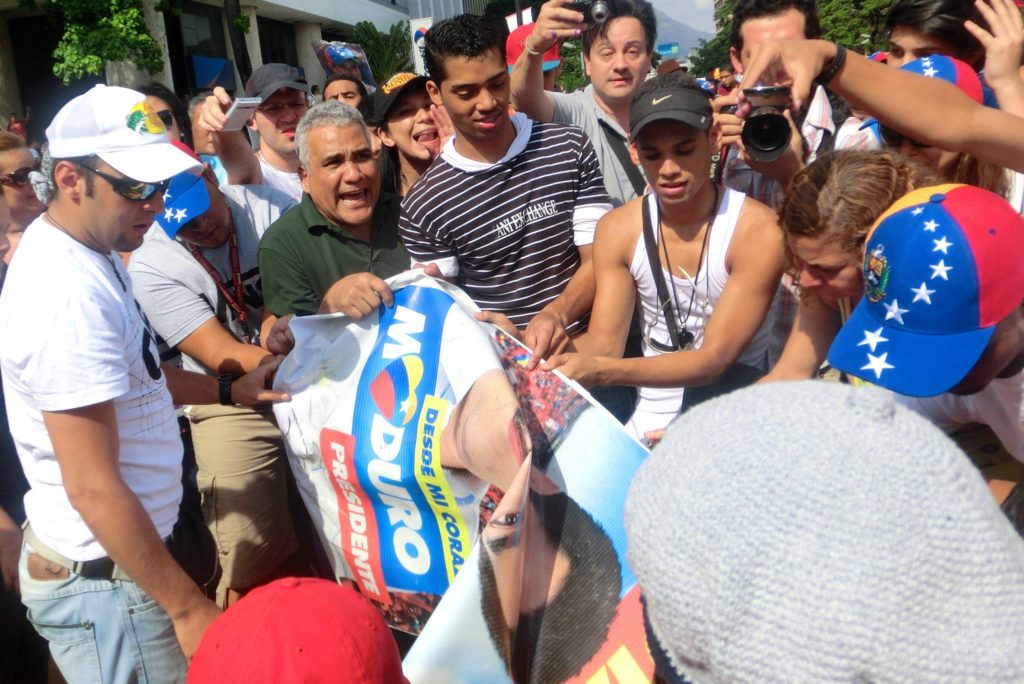After nearly five years of daily writing (sometime more often), I’ve reached the decision to move on from daily analysis.
When I came to the blogging genre in February 2012, it was relatively late in the game. The golden era, so to speak, was already over. Initially, it was an intellectual allergic reaction to years and years of practicing law at a big firm and, probably, some amount of burnout. Here, with Suffragio, was the possibility to engage intellectually with the world in a much different way, on a topic about which I’ve always been fascinated.
It was the summer of 1996 when our family first got an Internet connection. Like any red-blooded American teenager, I promptly began furtive trips to the computer to look up… information about Russia’s election that summer. (And if you’re not familiar, it was an amazing one). It’s been a constant fascination, even through years as a college news editor, a law student and now (for a decade) an investment funds attorney.
There’s no doubt that I’ll continue carrying that passion forward.
But it will not be through Suffragio.

In the most Schumpeterian sense, the only way to create the kind of creative runway for ‘what comes next’ is to bring down the curtain on what, in so many ways, has been a successful one-man publication. It’s been a platform to cover elections in Honduras and Venezuela, to meet dissidents in Havana, to interview brave folks like Christopher Senyonjo, an Anglican priest fighting for LGBT rights in Uganda, to travel to El Paso and Juarez to explore just why a Trumpista wall makes no intellectual sense, to explain just how much of a global outlier it is that the District of Columbia has no representation in the US Congress.

I’m so proud that Suffragio, at its best, has been a driving force to tell these stories on a subject (i.e. world politics) that is too often reduced to fables and bogeymen, wrapped up in the confirmation bias that we all now suffer in our dis-aggregated, social media-driven news diets.
But since I started writing in 2012, the media landscape has changed incredibly — Vox has now been experimenting for years with ‘news explainers’ (some of which engage international politics deeply and thoughtfully) and Politico now has an entire branch devoted to European politics. In September 2013, I noted incredulously that Politico could run hourly stories about Mitch McConnell’s mood ring (the Senate was locked in a high-stake budget shutdown with the Obama administration), but didn’t devote one story to the impact of German election looming that weekend.
I still believe the internal dynamics of the politics (and cultures and policies) of other countries are under-reported by our mainstream media, ignored by the American public and still too often misunderstood by American policymakers.
Suffragio attempted to fill that role — ‘To make world politics less foreign.’ But really, to make American politics less dumb when it comes to world affairs. The rise of a post-truth presidential candidate in Donald Trump shows just how Sisyphean was Suffragio‘s task. In a Clickhole world, I’ve spent five years doubling down on analysis more PBS or Wilson Center than Buzzfeed.
What the information era giveth, the information era taketh away. It’s impossible to imagine Suffragio as a project 20 years ago, given the need to access global news sources in real time, with the kind of instantaneous translation necessary to understand what’s going on at the heart of a campaign halfway across the world. But that access also made it even more difficult for Suffragio to gain any kind of true critical mass. Hits aren’t everything, and what will sound familiar to most writers in an era of digital metrics, some of Suffragio‘s most viral posts haven’t been what I consider to be my best analysis.
Above all, Suffragio has taken so much of what is the most precious resource all of us have — time — and it’s a project that I’ve tried to carve out from the trimmings of a full-time job as an attorney, my own personal life with a great boyfriend. I have a pile of dozens of half-finished books I’d like to complete, and a couple of ideas for books I would like to write. But you can only burn both ends of the candle for so long.
I’m thankful, naturally, to my regular readers and to all of those editors and friends who helped amplify my voice through Suffragio. In particular, the editors at Real Clear World and The National Interest have always been incredibly encouraging. Their willingness to promote my analysis, through Suffragio and other pieces, has always been motivation to push forward, hopefully smarter and sharper than ever.
When Andrew Sullivan shocked the world in January 2015 by announcing the end to his long-running blog, every word of his post resonated, but none so much as these:
When I write again, it will be for you, I hope – just in a different form. I need to decompress and get healthy for a while; but I won’t disappear as a writer.
Sullivan (who also so kindly linked to Suffragio from time to time) lasted 15 years as a daily blogger. I lasted nearly five.
